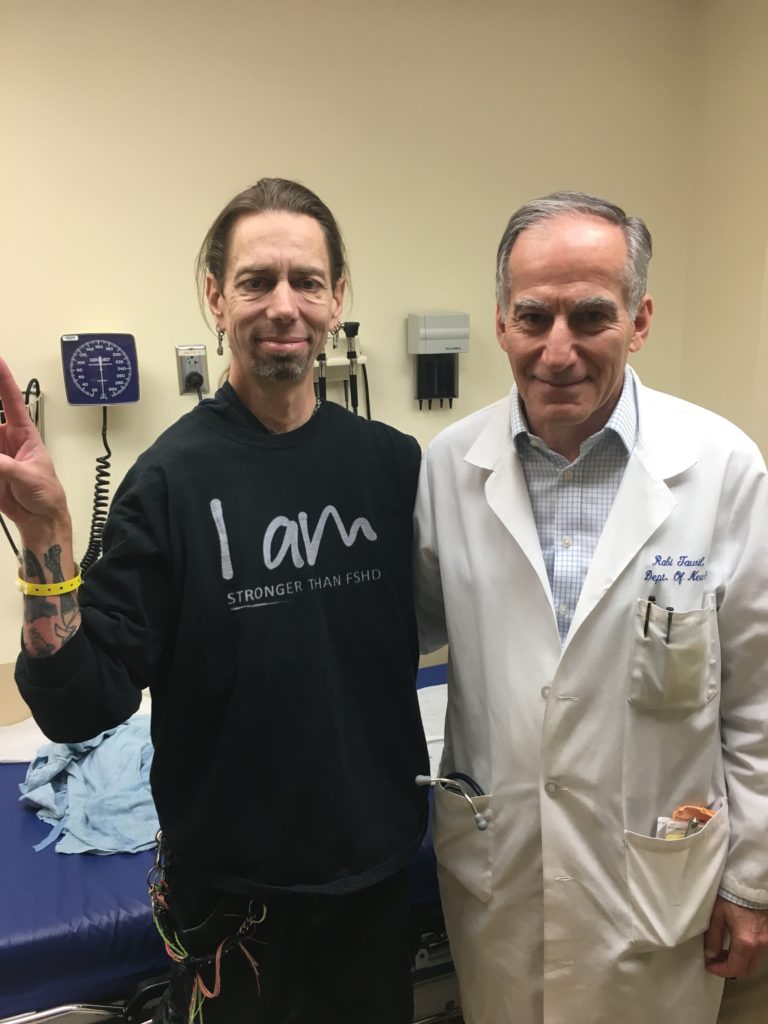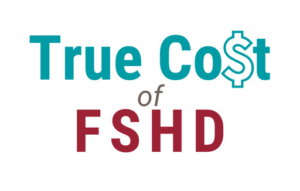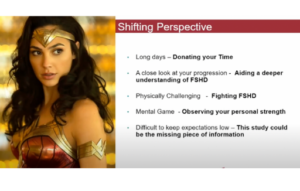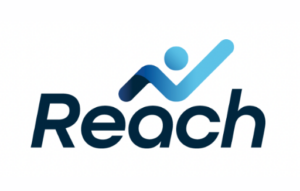
To crack the code of FSHD, patients are absolutely essential
All of the breakthroughs—the discovery of the genetic causes, understanding why some patients vary so greatly in the severity of their symptoms, teasing out the biochemical pathways that could point to future treatments—were made because patients stepped up to the plate.
Too often, we hear patients say they’ll volunteer when there’s a treatment. But we will never get to a treatment unless patients participate in fundamental research now. FSHD is uniquely human, so no laboratory mouse can ever fully model the disease. The genetic “package” that causes FSHD is found only in people. We owe an enormous debt to the patients who give DNA samples. Who submit to long interviews and exhausting physical tests. Allow a surgeon to cut out a small muscle sample. Who fight claustrophobia to lie in the narrow bore of an MRI machine.
Equally important are patients’ family members, both affected and unaffected, who provide the best experimental controls because of their shared genetic and environmental backgrounds. A parent or sibling who has very mild symptoms may hold the key to understanding the factors that protect against the full-blown development of FSHD symptoms in a more severely affected family member.
We are more hopeful today than ever before that a treatment is within sight. We cannot guarantee when that treatment will arrive, but here’s one thing we guarantee: If you volunteer for research, your participation will without question help move us a step closer to that day.
Scientific Overview of FSHD
Read the latest on wikipedia
Glossary of Scientific Terms
True Cost of FSHD
Part of our battle plan to ensure patients will have access to treatments by June Kinoshita, FSHD Society The FSHD Society is undertaking a major study of the full socioeconomic… Read More »
Putting breathing issues on the front burner
Dan Perez’s fierce advocacy will advance knowledge and extend the lives of people with FSHD Breathing complications in FSHD can be deadly, but with the lion’s share of research focused… Read More »
My Superpower – Why I volunteer for clinical trials
My FSHD means I can be someone who changes the course of this disease for generations to come by Colette Wheeler, Los Angeles This is an edited transcript of a… Read More »
First patient enrolls in Fulcrum’s Phase 3 clinical trial
Losmapimod has the potential to be the first drug to treat FSHD The much-anticipated Phase 3 clinical trial of losmapimod has formally begun with the dosing of the first volunteer,… Read More »






